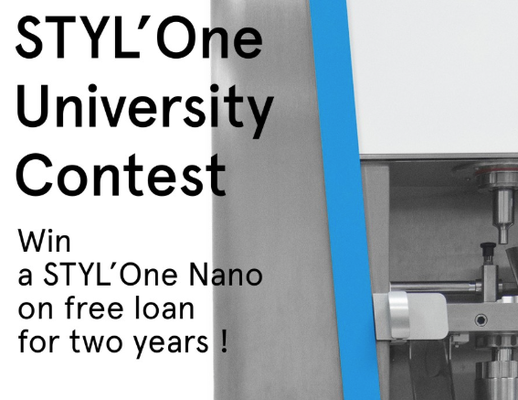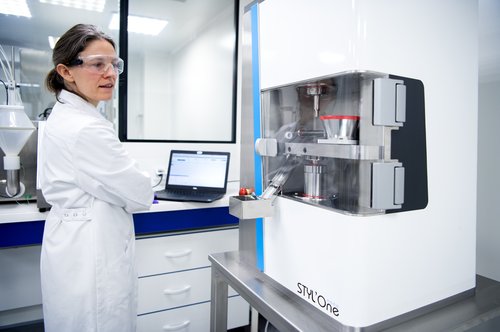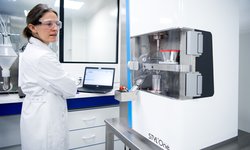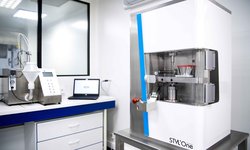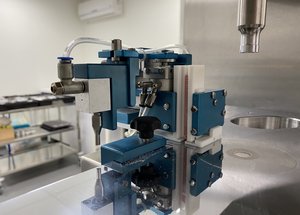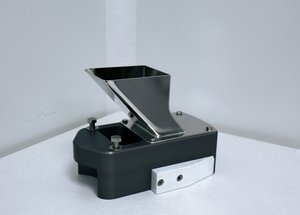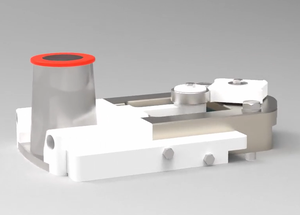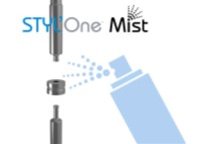University of Greifswald – Germany
A proposal for advancing pharmaceutical research and education in the field of specific patient populations
Solid oral dosage forms are the most commonly used drug delivery systems in adult pharmacotherapy but standard tablet sizes are often unsuitable for children. Minitablets offer a child-friendly alternative to liquid formulations with advantages such as improved dosing accuracy, stability, and manufacturing efficiency. Additionally, frequent dosing can burden young patients and caregivers, affecting adherence. Extended-release (ER) formulations help reduce dosing frequency, improving safety and acceptability. The project aims to develop robust and versatile ER mini-tablet formulation platforms tailored specifically for pediatric use.
Technical University of Braunschweig – Germany
KORSCH goes battery industry
Dry coating for lithium-ion batteries is a breakthrough in electrode manufacturing, eliminating solvents for a more sustainable and energy-efficient process. It cuts energy use by 40%, costs by 60%, and significantly reduces CO₂ emissions. However, this method brings new challenges: material compatibility, processes, and powder behavior differ from traditional wet methods.
Accurate powder characterization come to be critical to ensure performance and stability, and becomes crucial for advancing solvent-free battery production and establishing dry coating as a viable, large-scale manufacturing solution.
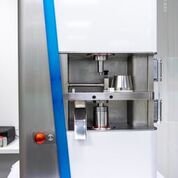
University of Chemistry and Technology, Prague – Czech Republic
Digital manufacturing of personalized multi-unit dosage systems
Polypharmacy — the use of five or more medications daily — affects 10% of patients and over 30% of those aged 65+, increasing the risk of non-adherence, dosing errors, and healthcare costs. To solve this issue, this project introduces a Multi-Unit Dosage System (MUDS): a gelatin capsule filled with mini-tablets, each containing different APIs. It focuses on the design, formulation, and manufacturing of mini-tablets with good mechanical properties and high drug-loading capacity. These are then used as feed for an automated compounding machine, enabling fast, accurate unit dosing and computer-controlled manufacturing of personalized medication.
University of New Mexico – USA
AI-enabled predictive modeling for integrated compaction – coating optimization
Coatings improve patient compliance, extend shelf-life, and support branding, but pharmaceutical coating is a highly complex process coating performance is closely linked to substrate properties. While tableting and coating have traditionally been studied independently, the performance of the coating is intrinsically interconnected to the substrate. This project proposes a framework that combines Artificial Intelligence (AI)— specifically Artificial Neural Networks (ANNs) and Random Forests (RF)—with advanced material characterization to predict coating performance based on compaction parameters and aims to bridge material properties and final product quality, with an overall goal towards streamlining pharmaceutical development
After the summer break, the selected universities will present and defend their project to our selection committee.
We look forward to meeting you and discover more about your work!
Stay tuned!

